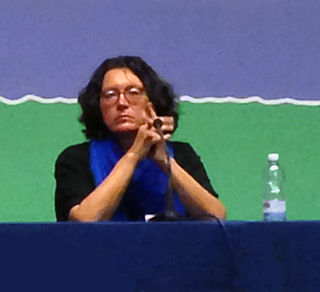A Quote by Alejandro Gonzalez Inarritu
When you do a film in a foreign language, you know there's a cost in it, that you know, unfortunately, the audiences of foreign language films have not been cultivated. There's a market, but the market has been reduced, unfortunately, and you know that when you're making a foreign language film, you're making a choice.
Related Quotes
His scowl returned. "Why, if they're supposed to be Greek, are all of them speaking with an English accent?" She laughed. "Didn't you know that British is, like, the universal 'foreign' language in Hollywood? They use it in any movie where they want to have a foreign feel to it, regardless of where it's set
I think most Israelis prefer not to know. So for them, texts about the occupation are like something that's been written in a foreign language that they can't understand. If they want, you can translate it to them. But it is their choice. In general, though, I think Israelis don't want to know. Very few do. Basically, I write to the converted.
Everyone is used to speaking a slightly different "language" with their parents than with their peers, because spoken language changes every generation - like they say, the past is a foreign country - but I think this is intensified for children whose parents also grew up in a geographically foreign country.




































